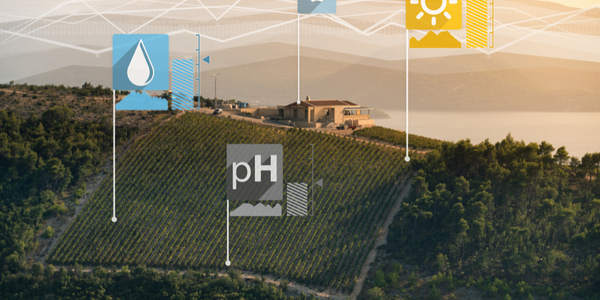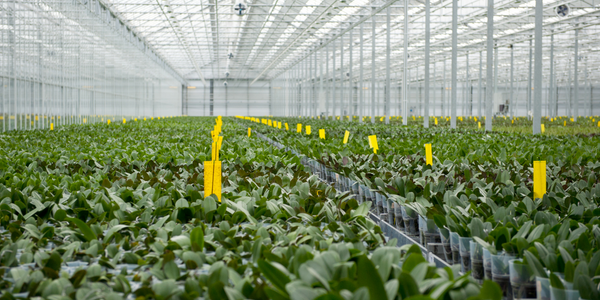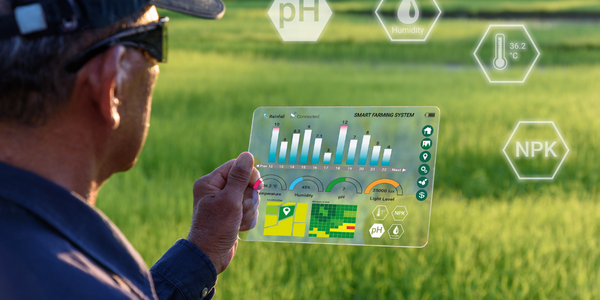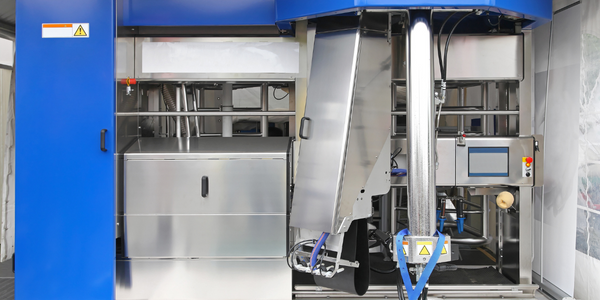Download PDF
Desert Channels Queensland (DCQ) Improves Data Collection with Fulcrum
Technology Category
- Platform as a Service (PaaS) - Connectivity Platforms
Applicable Industries
- Agriculture
Applicable Functions
- Field Services
- Quality Assurance
Use Cases
- Remote Asset Management
- Geofencing
Services
- Software Design & Engineering Services
The Challenge
Desert Channels Queensland (DCQ) is a community-based not-for-profit organization that provides funding to assist landowners across the Queensland section of the Lake Eyre Basin to undertake projects that improve water quality, restore ground cover and native vegetation, protect habitat, and rehabilitate erosion. They run multiple projects that are all planned and run based on surveys and data, and all require ongoing monitoring. The challenge was that managing projects over such a vast area used to require compromise due to limited resources. Data collection and processing was time-consuming and only the bare minimum was done. Personnel had to be sent out on survey or landholders would bring in maps, monitoring sheets or GPS points, maps had to be interpreted and digitised, data sheets entered and GPS data downloaded. This was all resource hungry—510,000 square kilometres, numerous projects, 15 staff = big challenges!
About The Customer
Desert Channels Queensland (DCQ) is a community-based not-for-profit organization that operates in the Queensland section of the Lake Eyre Basin. They provide funding to assist landowners across the region to undertake projects that improve water quality, restore ground cover and native vegetation, protect habitat, and rehabilitate erosion. Over the past 12 years, they have run hundreds of projects, all of which are planned and run based on surveys and data, and all require ongoing monitoring. They currently run six major partnership projects involving dozens of landowners. The organization is committed to the sustainable management of the region's natural resources and works closely with landowners and other stakeholders to achieve this goal.
The Solution
DCQ recognized the crowdsourcing model as a means of collecting far greater data than funding would ever allow them to do themselves. They decided to engage landowners, local authority staff and passionate travellers to install the app and collect data, thereby increasing the richness and value of their information exponentially. After evaluating several potential platforms, they settled on Fulcrum for its ease of use, multiple operating systems and platform compatibility, hassle-free customization, offline capability, flexibility, real-time updating of database, near zero time lag in decision making, reliability, and affordability. To encourage landowner participation in Fulcrum data collection, DCQ produced a helpful video showcasing the process. Not only is DCQ now collecting a vastly greater amount of data, the data processing time is dramatically reduced due to the automated Fulcrum process from a simple web map to more complex visualizations. With shareable maps and versatile webhooks, information can easily be displayed for public consumption.
Operational Impact
Related Case Studies.

Case Study
Intelligent Farming with ThingWorx Analytics
Z Farms was facing three challenges: costly irrigation systems with water as a limited resource, narrow optimal ranges of soil moisture for growth with difficult maintenance and farm operators could not simply turn on irrigation systems like a faucet.

Case Study
Greenhouse Intelligent Monitoring and Control Solution
Farming Orchids is the most successful form of precision farming in Taiwan, and also the most exported flower. Orchids need a specific temperature and humidity conditions to grow and bloom, and its flowering time may not be in line with market demands, so the price collapses when there is overproduction. Therefore, some farmers began to import automated greenhouse control systems for breeding and forcing, which not only improves quality, but also effectively controls the production period and yield to ensure revenue. In 2012, an orchid farmer built a Forcing Greenhouse of about 200 pings (approximately 661 Square Meters) in Tainan, Taiwan. The system integrator adopted Advantech’s APAX-5000 series programmable automation controllers to build the control platform, coupled with Advantech WebAccess HMI/SCADA software, to achieve cloud monitoring. The staff of the orchid field can monitor important data anytime via smart phone, iPad, and other handheld devices, and control the growth and flowering conditions. System requirements: In the past, most environmental control systems of orchid greenhouses in Taiwan used PLCs (Programmable Logic Controller) with poorscalability and control, and could not be connected to the Internet formonitoring from the cloud. For advanced database analysis and networking capability, the PC platform must be adopted. Therefore, PAC Systems (Programmable Automation Controller) with both PLC programming capabilities andPC functions is a better choice.The environmental control of the Orchid greenhouse switches on and off devices like fan, shade net, cooling/heat pump, liquid flow control, water-cooling wall etc. It is controlled by a control panel of electric controllers, and is driven by a motor, to adjust the greenhouse temperature, humidity, and other environmental conditions to the set parameters.

Case Study
Enabling Internet of Things Innovation in Agriculture
DigiBale, wanted to apply technology know-how and IP from implementations successfully to more agriculture sectors including cotton, forestry, sugarcane and cattle. However, farmers and growers still have worries about the connected technology.

Case Study
Precision beekeeping with wireless temperature monitoring
Honeybees are insects of large economic value and provide a vital service to agriculture by pollinating a variety of crops. In addition, bees provide us with valuable products such as honey, beeswax, propolis, bee venom, etc. Monitoring of honeybee colony health, population, productivity, and environmental conditions affecting the colony health have always been exceedingly difficult tasks in apiculture. Research has shown that even small deviations (by more than 2°C) from the optimal temperatures have a significant influence on the development of the brood and the health of adult bees.







